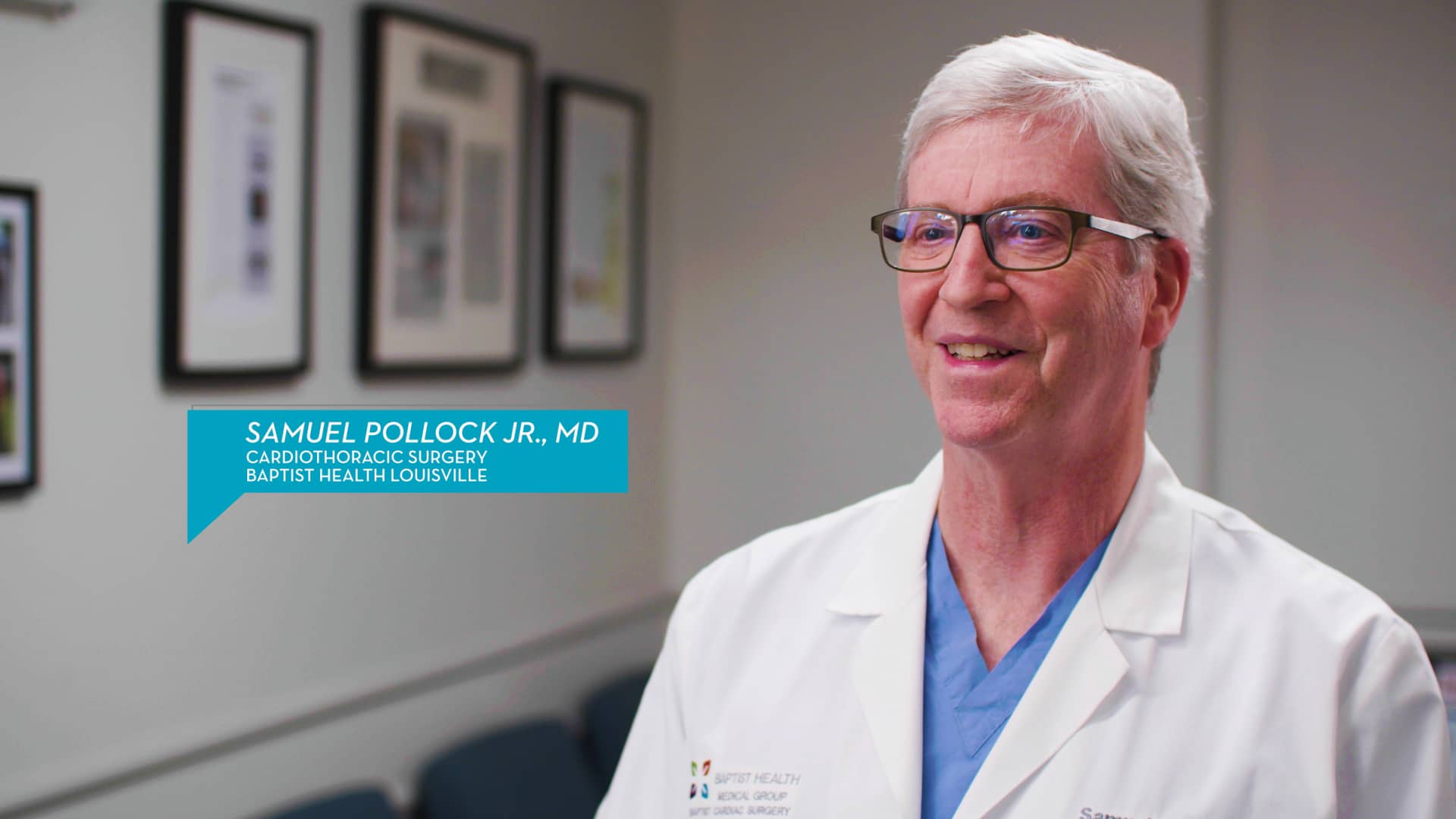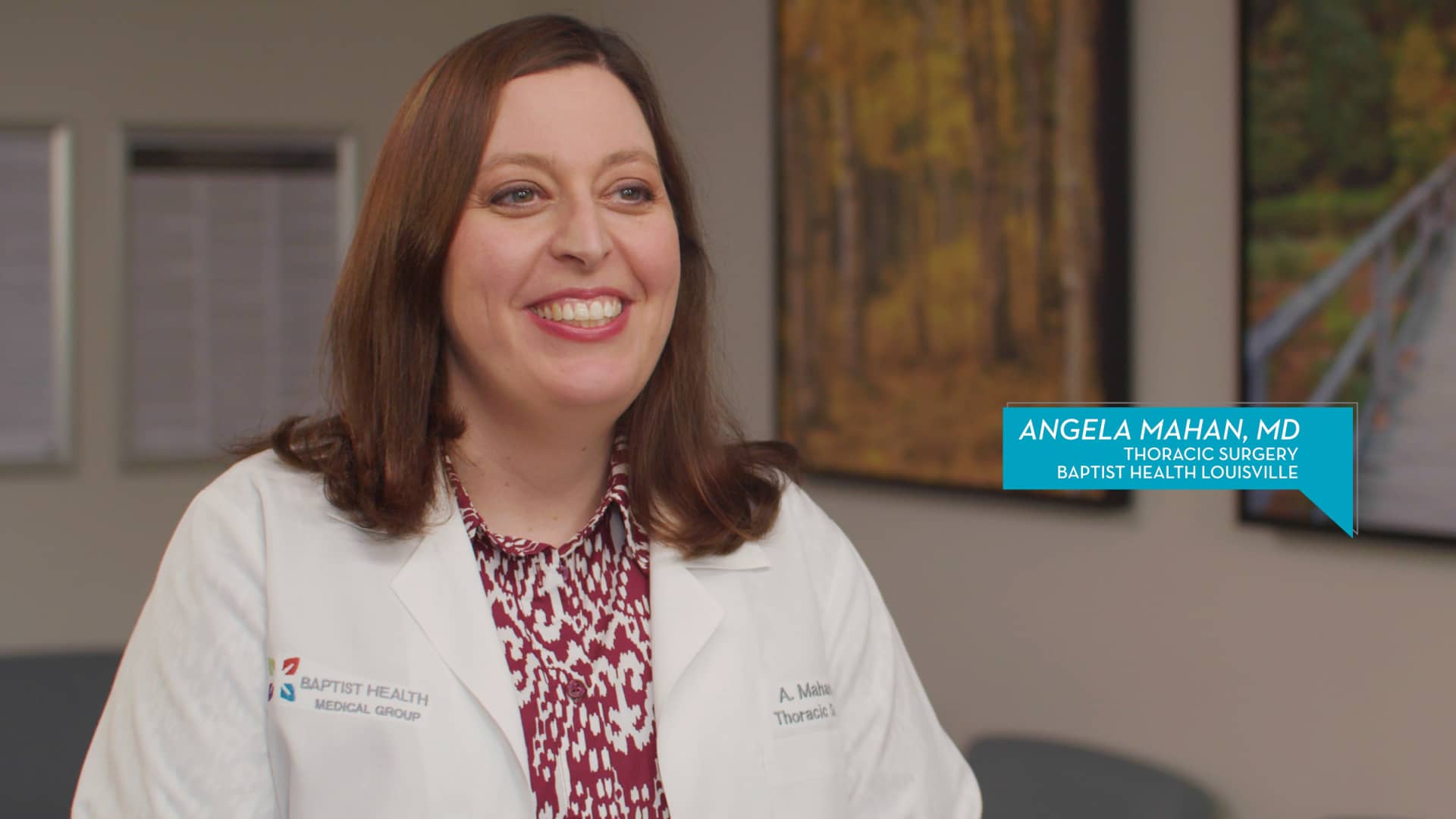Weight Loss Management in Louisville, KY

Benefits of Weight-Loss Surgery Healthtalks Transcript:
Robert J. Farrell, MD, Bariatric Surgery
Baptist Health Louisville
Robert J. Farrell, MD: Obesity is a head-to-toe disease. There's not an organ system or body part that's not affected. There are common comorbid diagnoses that we see, from diabetes to high blood pressure, heart disease and sleep apnea. These are the things we think about, but also joint pain, liver disease, and we see an increased risk of cancer.
Weight-loss surgery is a tool. I always tell patients it's a very powerful tool. It's something that, when used in combination with increasing their exercise and improving their lifestyle, they can see tremendous results using the surgery as an adjunct to their weight loss.
When a patient comes to us, there is a thorough workup that we want to do. We have a number of classes for patients where we educate and teach them what to eat, but then also instruct them how to exercise and how to get movement back in their life. When the surgery happens, patients have a good fundamental footing to start on so that they can have the most success possible.
Patients often don't realize the things that they give up as they're gaining weight. It's only after they lose 50, 75, 100 or 100-plus pounds that they come back in and say, "I can get down on the floor and I can play with my kids." Their confidence level comes back. They enjoy life more. For myself as a physician, it's one of the great joys that I get.



